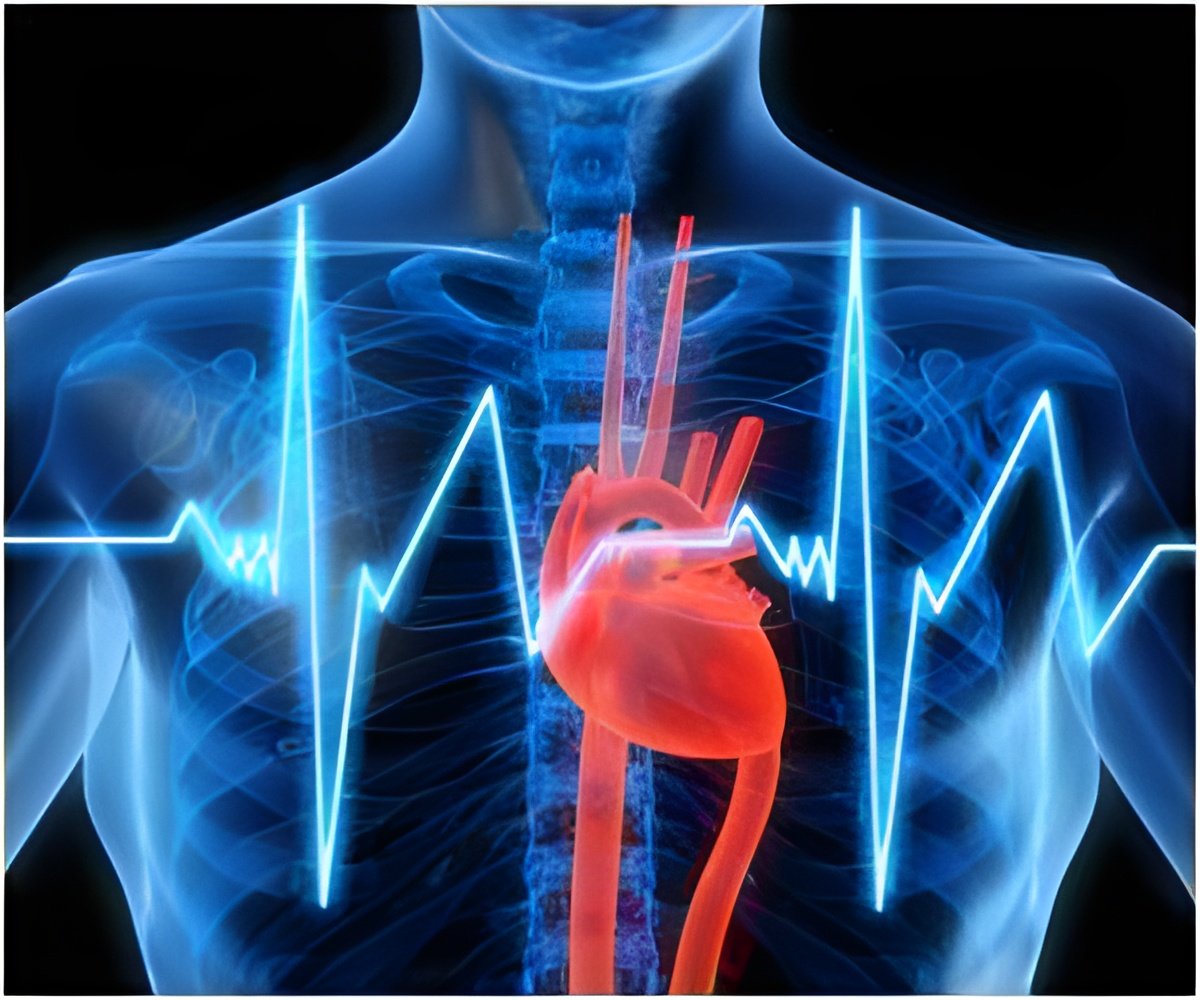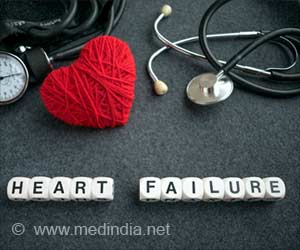Smoke from wood, animal dung and waste from agricultural crops leads to heart problems, finds new study.

"Everyone in the household is affected, but women in particular take the brunt of it because they are home much of the day and do the cooking."
The researchers, including the study's first author, Matthew Scott Painschab, MD, a School of Medicine graduate who did this work as a National Institutes of Health (NIH) Fogarty Scholar, studied 266 men and women in Puno, Peru, and the surrounding rural communities.
People in the city, which has a population of about 100,000, primarily use cleaner fuels including liquid propane gas, kerosene and electricity to cook. In contrast, people in the surrounding communities use open-fire stoves.
Reporting their results recently in the journal Heart, the investigators found that indoor particulate matter measured 20 times higher in the rural homes.
Comparing the two groups, they also found significantly thicker carotid arteries - the vessels that feed blood to the brain - in the rural study participants, even after adjusting for age, gender, cholesterol levels, body mass index and other factors known to affect cardiovascular health.
Advertisement
Such factors are known to increase the risk of heart attack and stroke.
Advertisement
Source-ANI















